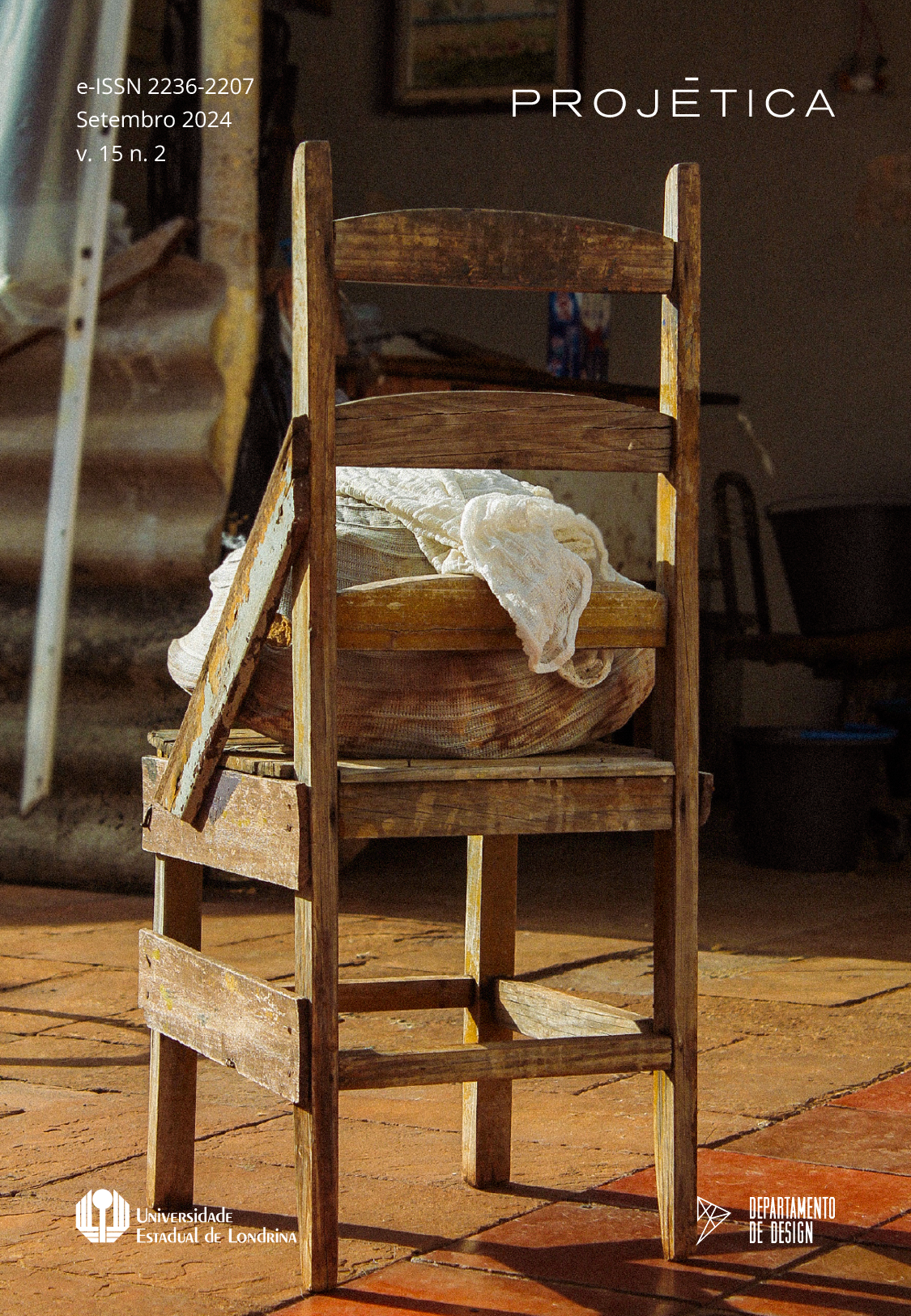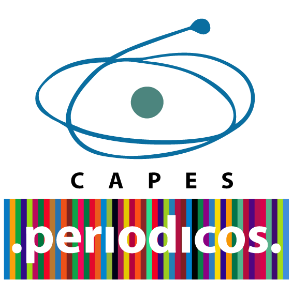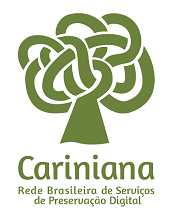Animation as a didactic resource in exploring concepts of Analytical Psychology
DOI:
https://doi.org/10.5433/2236-2207.2024.v15.n2.50153Keywords:
Animation, Analytical Psychology, archetypesAbstract
Animation a suitable medium for representing abstract concepts, as is the case with fields of study such as psychology. The work of the Swiss psychologist Carl Gustav Jung presents an extensive symbolism and an enormous amount of intangible concepts, especially concerning the Jungian Archetypes, elements that permeate the human collective unconscious and, given their abstract nature, require discussion about how the teaching of such themes is employed. Therefore, this work proposes a visual approach to explaining these elements, especially the archetype of the Shadow, using Animation as a pedagogical resource. Through the creation of an animatic, the ability of Animation to translate abstract concepts into dynamic visual forms demonstrates great potential for facilitating the understanding of complex topics, as well as fostering the debate on the role of animation, which asserts itself as a pedagogical tool aimed at teaching abstract concepts in a relevant way for a contemporary audience.
Downloads
References
CAMPBELL, Joseph. The hero with a thousand faces. Nova Iorque: Pantheon Books, 1949.
HALL, Calvin S.; NORDBY, Vernon J. Introdução à psicologia Junguiana. São Paulo: Cultrix, 2017.
HART, John. The art of the storyboard: a filmmaker's introduction. 2. ed. Waltham: Focal Press, 2007. E-book. Disponível em: https://www.google.com.br/books/edition/The_Art_of_the_Storyboard/3WfmPt0gbagC?hl=pt-BR&gbpv=1&dq=storyboard&pg=PP1&printsec=frontcover. Acesso em: 18 jan. 2024.
JUNG, Carl Gustav. A natureza da psique. 8. ed. Petrópolis: Editora Vozes, 2011.
JUNG, Carl Gustav. Aion: researches into the phenomenology of the self:. Princeton: Princeton University Press, 1997. (Collected works of c. g. Jung, v. 9, part 2).
JUNG, Carl Gustav. Psychological types. 6. ed. Princeton: Princeton University Press, 1976. (Collected Works of C.G. Jung).
JUNG, Carl Gustav. The archetypes and the collective unconscious. 2. ed. Princeton: Princeton University Press, 1981.
JUNG, Carl Gustav. The relations between the ego and the unconscious. In: JUNG, Carl Gustav. Two essays on analytical psychology. 2. ed. Translated by Gerhard Adler and R. F.C. Hull. Princeton, N. J.: Princeton University Press, 2014. (Bollingen Series XX. Collected Works of C. G. Jung, v. 7). Part. II.
LUCIO, Kenya V. Ribeiro de Lima. O uso das animações na educação infantil. 2015. 53 f. Trabalho de Conclusão de Curso (Licenciatura em Pedagogia) - Centro de Educação, Universidade Federal do Rio Grande de Norte, Natal, RN, 2015. Disponível em: https://repositorio.ufrn.br/handle/123456789/42591. Acesso em: 11 mar. 2024.
SILVA, Jacquelliny Marcelle Boulitreau da. Flora: animação para o ensino das ciências ambientais nos anos iniciais da educação básica. 2024. Trabalho de Conclusão Profissional (Mestrado em Ciências Ambientais) - Universidade Federal de Pernambuco, Recife, 2024.
SILVA, Silvana Lovera. O arquétipo da sombra. Revista Extensão, Palmas, TO, v. 3, n. 1, p. 20-28, out. 2019. Disponível em: https://revista.unitins.br/index.php/extensao/article/view/1690/1121. Acesso em: 11 mar. 2024.
STEVENS, Anthony. Jung: a very short introduction. Oxford, NI: Oxford University Press, 1994.
TILLMAN, Bryan. Creative character design. Boca Raton: Crc Press, 2011. DOI: https://doi.org/10.4324/9780240814964
VOGLER, Christopher. The Writer's Journey: mythic structure for writers. Los Angeles: Michael Wiese Productions, 1992.
WINDER, Catherine; DOWLATABADI, Zara. Producing animation. 2. ed. Oxford: Focal Press, 2011. DOI: https://doi.org/10.1016/B978-0-240-81535-0.00009-2
Downloads
Published
How to Cite
Issue
Section
License
Copyright (c) 2024 Letícia Zanini, Nicolas Canale Romeiro, Gabriel De Souza Prim, Milton Luiz Horn Vieira

This work is licensed under a Creative Commons Attribution 4.0 International License.
Projética está licenciada sob a Creative Commons Attribution CC-BY 4.0 International. Os autores detém os direitos autorais e concedem à revista o direito de exclusividade de primeira publicação.
Os autores dos trabalhos aprovados autorizam Projética a, após a publicação, ceder seu conteúdo para reprodução em indexadores de conteúdo, bibliotecas virtuais e similares.
Os autores assumem que os textos submetidos à publicação são de sua criação original, responsabilizando-se inteiramente por seu conteúdo em caso de eventual impugnação por parte de terceiros. As opiniões emitidas pelos autores dos artigos são de sua exclusiva responsabilidade.
A revista se reserva o direito de efetuar, nos originais, alterações de ordem normativa, ortográfica e gramatical, com vistas a manter o padrão culto da língua e a credibilidade do veículo. Respeitará, no entanto, o estilo de escrever dos autores. Alterações, correções ou sugestões de ordem conceitual serão encaminhadas aos autores, quando necessário. Nesses casos, os artigos, depois de adequados, deverão ser submetidos a nova apreciação. As provas finais não serão encaminhadas aos autores.












